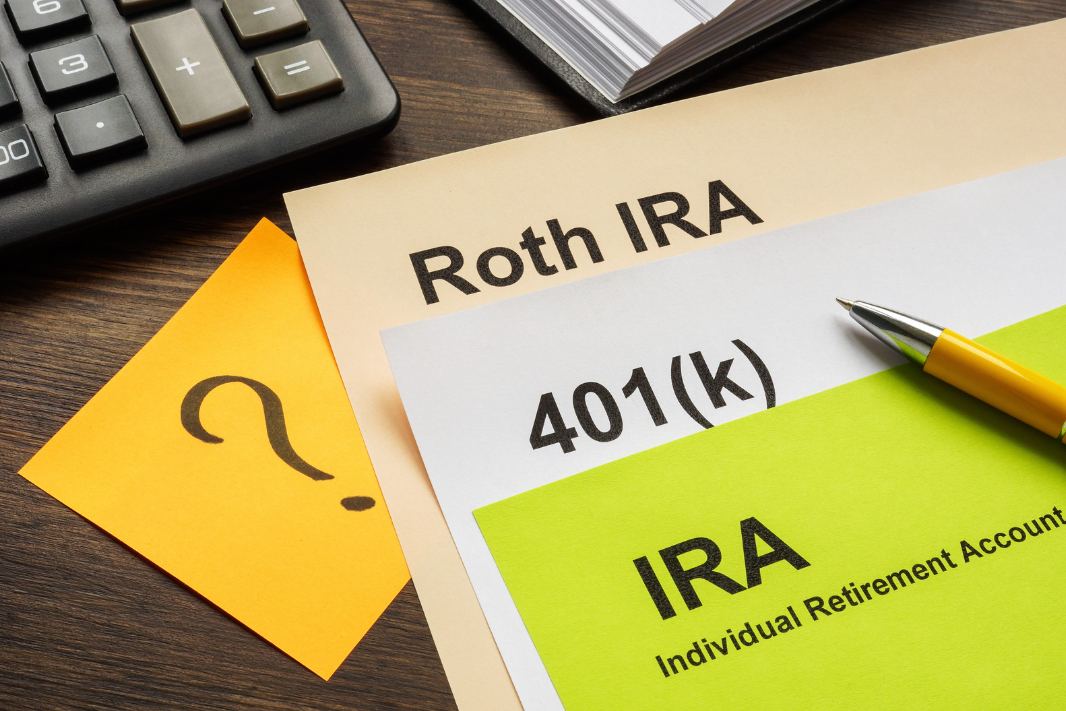5 Easy Money Moves to Make Before You Retire
As retirement approaches, it's important to make smart financial decisions that will set you up for success in your golden years. By taking some simple steps now, you can ensure that you have a comfortable retirement without worrying about money. In this blog post, we'll discuss 5 easy money moves that you can make before you retire to secure your financial future.
The first money move to make before retiring is to create a budget and stick to it. Sit down and calculate your monthly expenses, including everything from housing costs to groceries to entertainment. Then, compare that total with your expected retirement income. If there's a gap between the two, consider ways to cut back on spending or increase your income. By creating a budget and sticking to it, you can avoid overspending and ensure that your money lasts throughout retirement.
Next, consider paying off any high-interest debt before retiring. Credit card debt, personal loans, and other forms of debt can eat away at your retirement savings if left unchecked. By paying off these debts now, you can free up more money for savings and investments in the future. Plus, being debt-free will give you peace of mind knowing that you won't have to worry about making monthly payments during retirement.
Another important money move to make before retiring is to maximize your retirement savings accounts. If you have access to a 401(k) or IRA, consider increasing your contributions as much as possible. Take advantage of any employer matching contributions offered through your workplace retirement plan. The more you save now, the more financial security you'll have in retirement. Additionally, consider diversifying your investments to minimize risk and maximize potential returns.
In addition to saving for retirement through traditional accounts like 401(k)s and IRAs, consider investing in other assets such as real estate or stocks. Real estate can provide a steady stream of rental income while also appreciating in value over time. Stocks offer the potential for higher returns but come with greater risk. By diversifying your investment portfolio across different asset classes, you can reduce risk while still achieving solid returns.
Lastly, don't forget about healthcare costs when planning for retirement. Medical expenses can be one of the biggest drains on a retiree's finances, so it's important to be prepared for them. Consider purchasing long-term care insurance to cover the cost of nursing home care or assisted living services in the future. Also, make sure you understand how Medicare works and what out-of-pocket expenses you may incur during retirement.
Making these 5 easy money moves before retiring can help set you up for financial success in your golden years. By creating a budget, paying off debt, maximizing savings accounts, diversifying investments, and preparing for healthcare costs, you can ensure that you have a comfortable and secure retirement ahead of you. Start implementing these money moves today so that you can enjoy a worry-free retirement tomorrow!
Recent Blog Posts:


Get in touch or visit our office.
Sign up for our newsletter and get instant access to our complimentary retirement guide.
Newsletter
We will get back to you as soon as possible.
Please try again later.
© 2023 CFG RETIREMENT
Investment Advisory Services offered through Assured Retirement Financial Group, Inc DBA CFG Retirement. CFG Retirement is a Registered Investment Advisory firm with the SEC.
Insurance services offered through Assured Retirement Group, Inc DBA CFG Retirement. Assured Retirement Financial Group, Inc. and Assured Retirement Group, Inc. are affiliated companies.
Provided content is for overview and informational purposes only and is not intended and should not be relied upon as individualized tax, legal, fiduciary, or investment advice. By contacting us, downloading booklets, or attending events, you may be offered a meeting to discuss how our insurance and other services can meet your retirement needs. The presenters of this information are not associated with, or endorsed by, the Social Security Administration or any other government agency.



